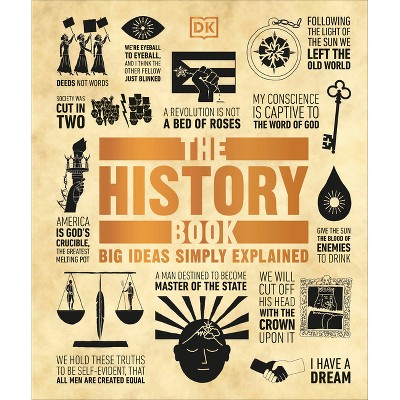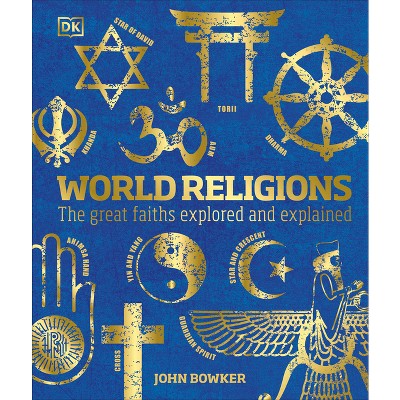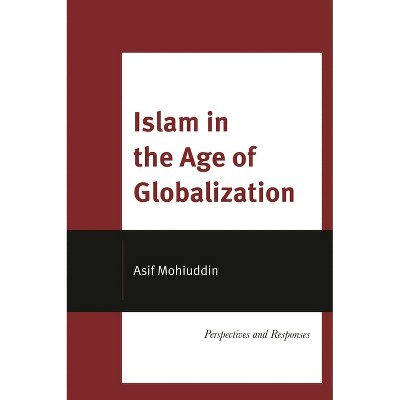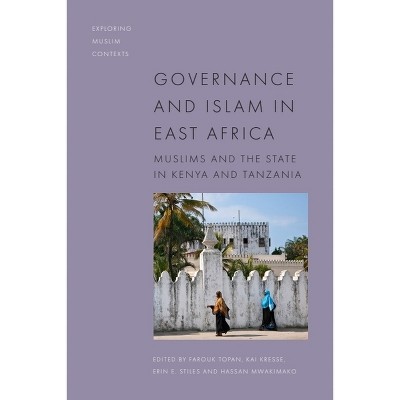Jobs Undone - by Asif M Islam & Dalal Moosa & Federica Saliola (Paperback)

About this item
Highlights
- A decade after the spark of the Arab Spring, the Middle East and North Africa (MENA) region continues to suffer from limited creation of more and better jobs.
- About the Author: The World Bank came into formal existence in 1945 following the international ratification of the Bretton Woods agreements.
- 156 Pages
- Business + Money Management, Economics
Description
About the Book
The report aims to stimulate structural reforms in MENA that allow the region to spur sufficient and decent job creation as well as to leapfrog into the new industrial revolution.
Book Synopsis
A decade after the spark of the Arab Spring, the Middle East and North Africa (MENA) region continues to suffer from limited creation of more and better jobs. Youth face idleness and unemployment. For those who find jobs, informality awaits. Few women attempt to enter the world of work at all. Meanwhile, the available jobs are not those of the future. These labor market outcomes are being worsened by the coronavirus (COVID-19) pandemic. 'Jobs Undone: Reshaping the Role of Governments toward Markets and Workers in the Middle East and North Africa' explores ways to break these impasses, drawing on original research, survey data, wide-ranging literature, and young entrepreneurial voices from the region. The report finds that a prominent reason behind MENA's unmet jobs challenge is a lack of market contestability in the formal private sector. Few firms in the region enter the market, few grow, and those that exit are not necessarily less productive. Moreover, firms in the region invest little in physical capital, human capital, or research and development, and they tend to be politically connected. At the macro level, economic growth has been mediocre, labor productivity is not being driven by structural change, and the growth of the stock of capital per capita has declined. New evidence generated for this report shows that the lack of dynamism is due to the prevalence of state-owned enterprises (SOEs). They operate in sectors where there is little economic rationale for public activity, and they enjoy favorable treatment--flouting the principles of competitive neutrality. Meanwhile, labor regulations add to market rigidity, while gendered laws restrict women's potential. To change this reality, the state must reshape its relationship toward markets, toward workers, and toward women. All reforms will have to rely on improved data capacity and transparency to create a new social contract between governments and the people of the region.About the Author
The World Bank came into formal existence in 1945 following the international ratification of the Bretton Woods agreements. It is a vital source of financial and technical assistance to developing countries around the world. The organization's activities are focused on education, health, agriculture and rural development, environmental protection, establishing and enforcing regulations, infrastructure development, governance and legal institutions development. The World Bank is made up of two unique development institutions owned by its 185 Member Countries. The International Bank for Reconstruction and Development (IBRD) focuses on middle income and creditworthy poor countries and the International Development Association (IDA), which focuses on the poorest countries in the world.
Shipping details
Return details
Guests also viewed










